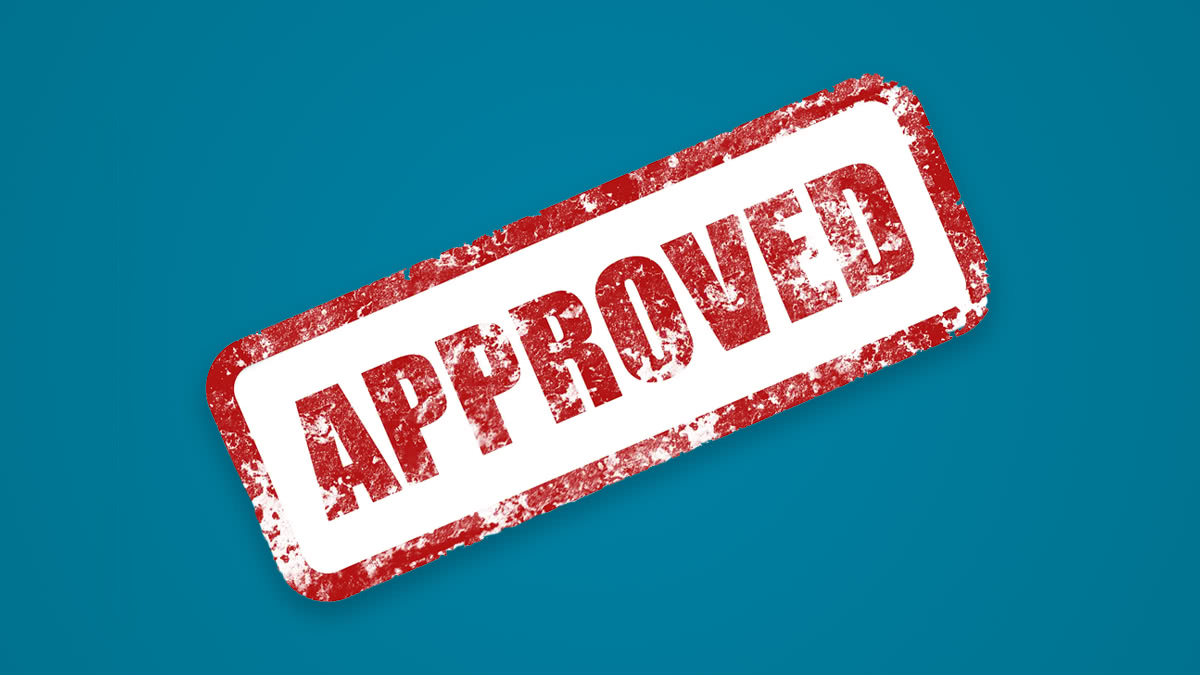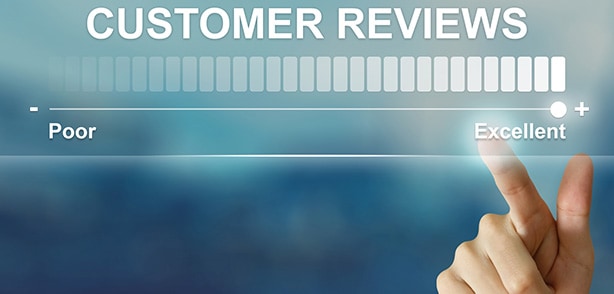How Much Do You Need to Borrow? Here's Nine Ways to Decide

When your catering business's only delivery truck's engine seizes, your business banking account is low, and you're heading into your busy season, you'll need to borrow the funds for a new truck — that's a no-brainer. You know what you'll need to borrow.
However, you may be looking for working capital to grow your business in many ways, such as hiring more sales staff, working with a marketing firm, or adding a new location. In such broader cases, you'll need to approximate how much capital is enough, while resisting the urge to apply for as much money as you can.
To figure out the ideal business loan amount for your firm, consider the following:
1. How do you plan to use the proceeds?
Once you determine the purpose of your loan, price out the goods and/or services for which you're borrowing capital. Your goal: Cover your necessary expenses and ensure you can pay off the loan on time (or sooner.)
2. Loan profitability: What's the potential return on your debt investment?
How much total revenue can you expect to earn because of your business loan? In a best-case scenario, the revenue exceeds the total loan cost. Many business borrowers ask for the smallest loan amount, increasing the likelihood of a profit.
3. When do you need the capital?
You may need money right away, but in more cases than not, you'll be fine. If you're in a hurry and want to avoid lengthy approval processes, a larger amount from a traditional bank is unlikely. Typically, higher loan amounts come with a lengthier loan application process and a longer approval period. Your best bet: Ask the lender about its usual approval timeframes before you apply.
4. What's the loan's total cost?
After a lender provides you with an interest rate for your loan, do the math. Calculate how much it will cost you in total to borrow your target loan amount. Don't forget to include any fees, as these can raise the cost significantly.
5. Have you run budget and cash flow projections?
Take a close look at your monthly budget. If you don't have a lot of money left over to cover loan payments, you'll obviously be better off taking out a smaller loan amount. Remember, it's better to borrow too little than too much.
What's more, lenders usually prefer that a borrower's debt makes up no more than 36% of its monthly income. (That's your debt-to-income ratio.) Another benchmark: the Debt Service Coverage Ratio (DSCR). Calculate your DSCR by dividing your annual net operating income by your total annual debt. Aim for a ratio greater than 1. (SBA loans typically requiring a minimum score of 1.15.)
6. Are you creditworthy?
Just because you want to borrow $50,000 doesn't mean a lender will offer it. If you don't have a good credit score, expect a low cap on how much you can borrow, especially from a traditional bank. On the other hand, if you have good or excellent credit, you're likely to get approved for as much money as you need. You can monitor your credit score using either a free or paid service.
7. How long have you been in business?
Often, business lenders have a time-in-business requirement which can disqualify newer business owners. However, if you've been around for quite some time and have a track record of consistent revenue growth, your chances of securing a large business loan are fairly high.
8. Are you willing to offer collateral?
If you have fair or poor credit, securing a business loan to collateral or an asset you own can help you get approved for more money. Keep in mind that the lender may seize your collateral if you default on your loan. That said, make sure you're able to sustain such a loss.
9. Focus on the future
Considering your future financing needs will help you choose the right small business loan amount for your current situation. If you have solid expansion plans for, say, the next five to ten years, you'll likely require financing. If so, think about a smaller loan for now. Once you repay it, that will boost your credit and help you to secure a larger loan down the road.
If you take these considerations into account, you're well on your way to making a sound borrowing decision that will support your short- and long-term growth plans.
Since 2008, Fora Financial has distributed $4 billion to 55,000 businesses. Click here or call (877) 419-3568 for more information on how Fora Financial's working capital solutions can help your business thrive.






